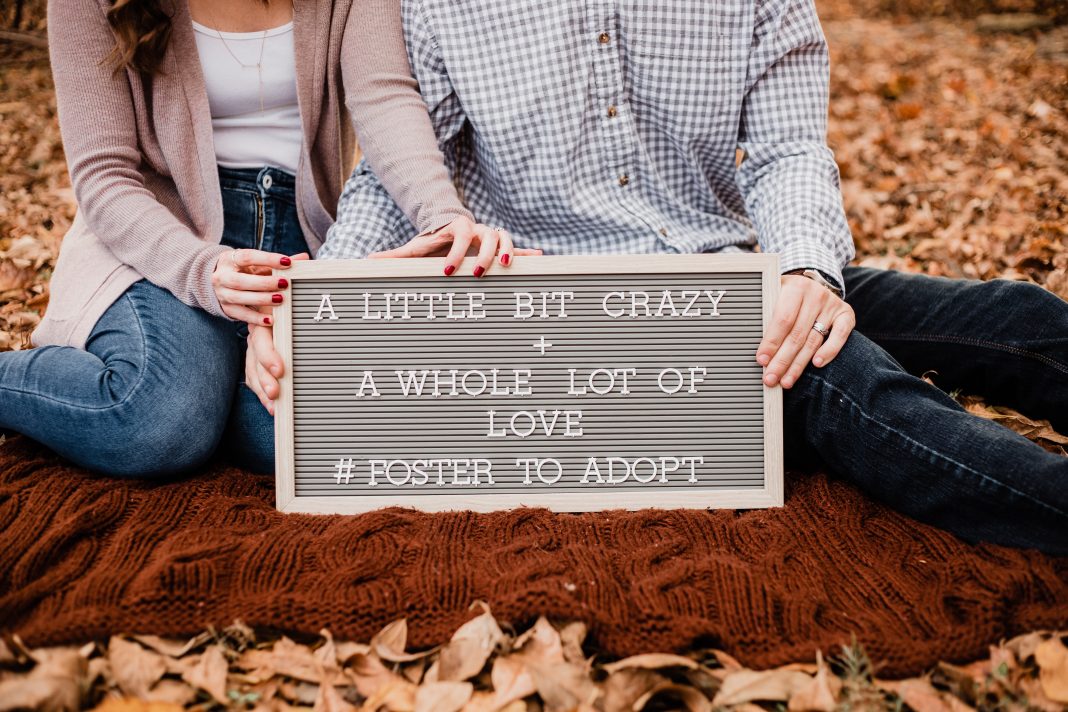You’ve done all the paperwork, taken all the classes, passed all the home inspections, and you’re FINALLY a licensed foster mom expecting your first placement. It’s time to meet the little one that will be sharing your home and you’re wondering What Now? Fostering is a “learn as you go” endeavor, but here are a few tips for foster parents on what to expect when you embark on the all-important job of foster parenting.
- Expect very little information as foster parents – It is completely normal to get a call for a child that needs an emergency placement and be told only their name, age, and gender. The agency may not know every medical condition or behavioral issue the child has. They don’t know when or if bio-mom and dad will do what they need to do for reunification. They don’t know what decisions the judge will make. And they don’t know how long the child will be with you. As hard as this is to accept, keep in mind the DFPS probably doesn’t have many details and if they do they are required to protect the privacy of the biological family. Be patient, you will learn more about the child as the case unfolds as you meet people involved over time. Expect limited information and don’t let the unknowns frustrate you!
- Start a List – You won’t really know what you’ll need until you need it so plan to start a running list once the child arrives. Offer to let your foster child request a few things that will help them feel welcome! These don’t have to be expensive items – a favorite snack food or a new blanket, a hotwheels car or nail polish, their favorite flavor of juice or chocolate milk. Foster children typically arrive with very little to their name and it can be such a treat to have something of their own or something they enjoy eating that would be comforting in their new surroundings.
- Establish a Routine – Unknowns are scary and for a child newly placed in foster care their life is a big question mark. Remember, they don’t know you or your routine or how you think they should act. Children do best when clear boundaries and expectations are given. A chart or calendar will help ground your little one and give them an idea of what to expect – a daily calendar can include what the child should do every day. Hang one in their bathroom or bedroom, even if the child can’t read, read it to them, and go over it any time they need a security check point. The chart can include things like meal time, bath time, brushing teeth, putting dirty clothes in the hamper, using inside voice, being kind to pets, etc. Anything and everything…make it official. A weekly calendar can include any plans/expectations for the week, such as school assignments due, CASA visit, therapy appointments, swimming at the YMCA, etc. If your little one can’t yet read use, post it anyway and use pictures or read aloud to them.
- Stock your Pantry – Food is a security issue for kids with a traumatic past – knowing food is ALWAYS available and that they won’t have to fend for themselves is comforting to a child. Remember, they don’t know you or if you plan to feed them at all ever. Knowing that food is always available will give them security in at least one basic area. Set up a shelf, bin, etc. that is just for the kiddos, show them where it is and tell them they can partake any time. Make sure it’s things that they can get themselves without asking (apples, boiled eggs, cheese sticks, peanut butter, crackers, carrots, yogurt, microwave popcorn, etc.) You won’t know what they like so have lots of options on hand!
- Sensory/Calming items – It’s a good idea to keep some simple activities on hand that will help you and your new foster child feel calm and keep their hands busy while they warm up to you. Playdough, sand trays, coloring pages and crayons, plastic bin of dried beans, or bubbles are a few examples. A few things that will definitely come in handy at your first bedtime are nightlights, melatonin gummies, extra bed sheets, and a step stool for the bathroom sink.
- Physical activities – Foster kiddos need a ton of physical activity because it can help them gain a sense of control, set positive intentions, increase their self-esteem, and help them eliminate negative thought loops. Simply put, burning energy helps kids manage stress! While it may be tempting to put on a movie or cartoons when your foster child arrives, physical activity is a more productive outlet so plan on tons of it! Swinging, playing ball, pushing trucks around the yard, or hula hoops are a few ideas to get you started.
- Expect to feel overwhelmed, confused, and emotional – Expect to wonder why you upended your entire life for this volatile and emotional little person you barely know as foster parents. Expect your foster child and your entire biological family to struggle with the adjustment. Expect friends and family to not fully understand. Expect to question if you’re doing the right thing for this child – you are. They desperately need an interim person and that is YOU. Expect to feel like you’re not enough for this child – you are, for now. In this moment, your home is exactly what they need when they need it. It won’t be easy or tidy. It might not always feel warm and fuzzy, and it likely won’t be forever, but it will make a life-long impact on a child.
Photo Credit :: Allison Turpen Photography










